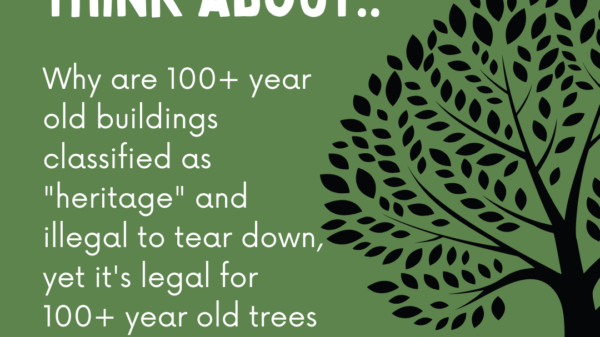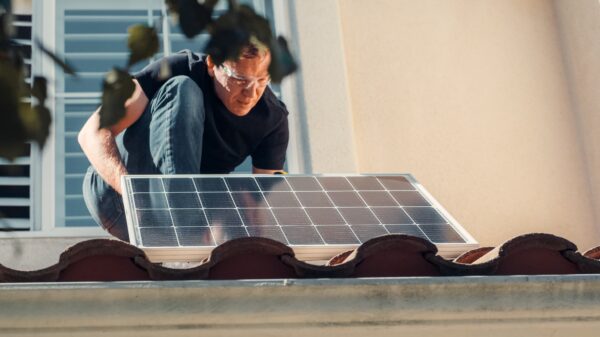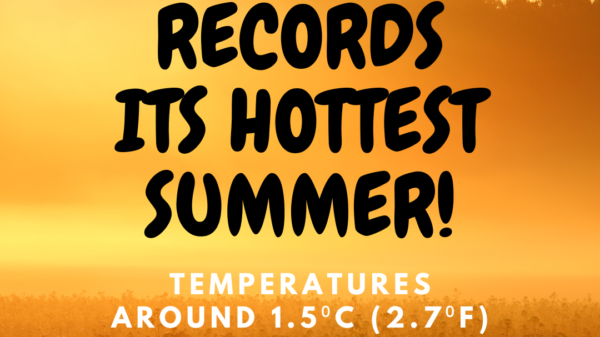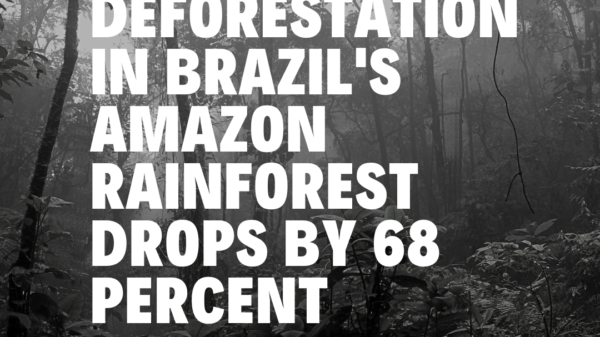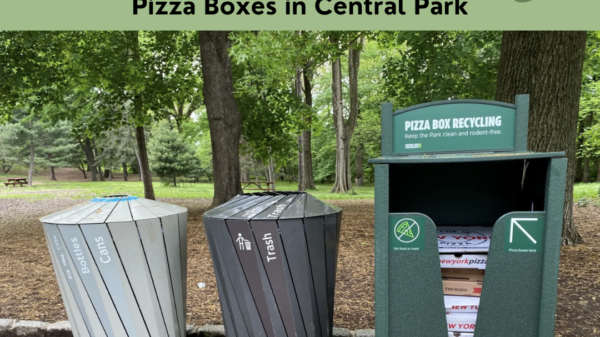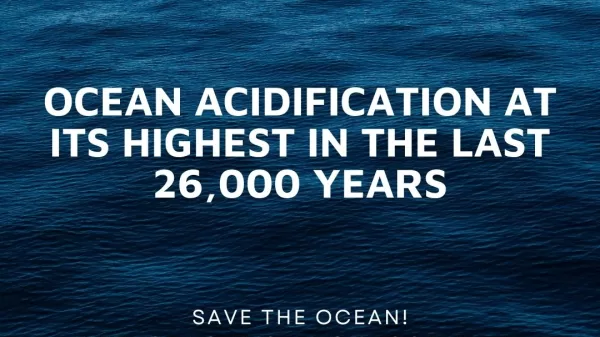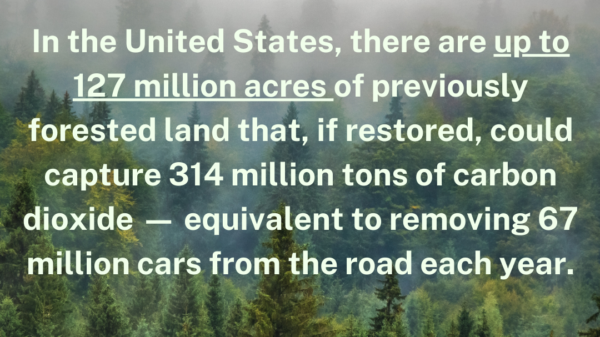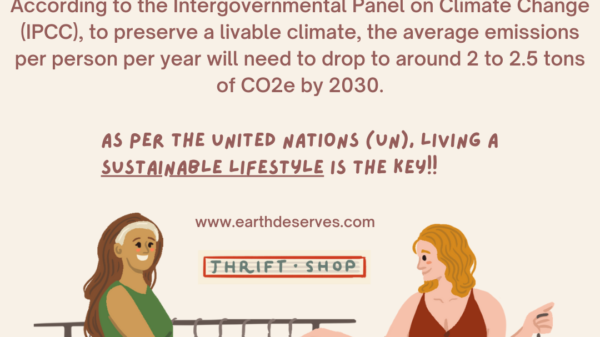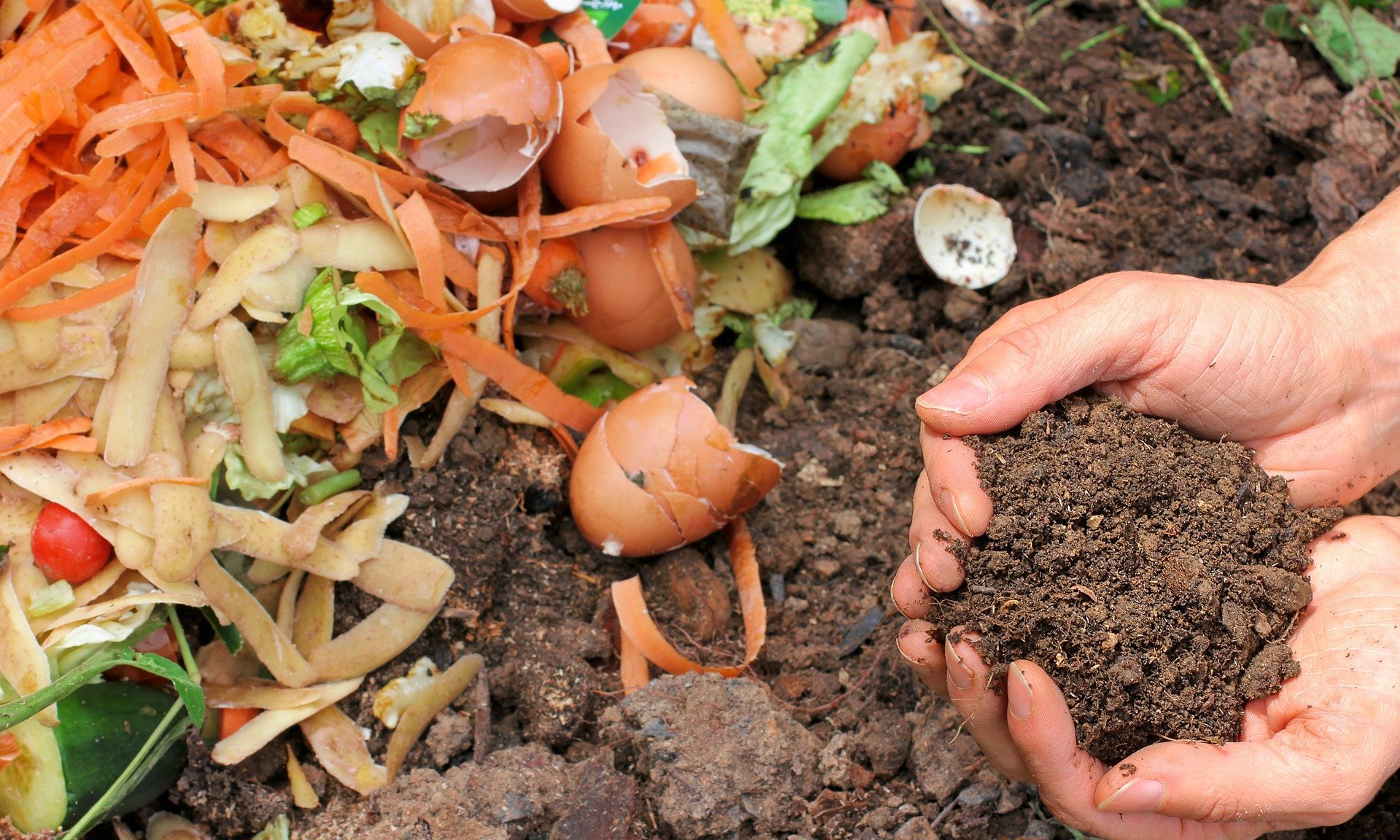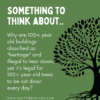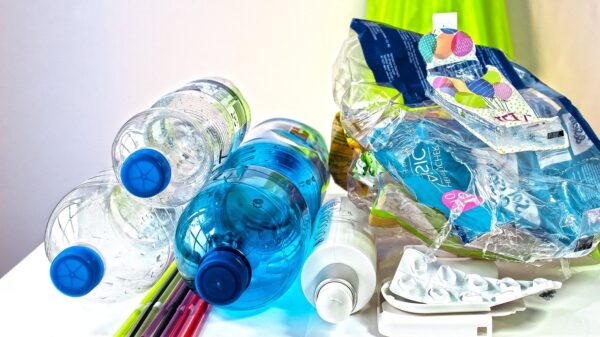Compost is decomposed organic material that enriches soil nutrients and restores ecological balance to land. Their incorporation can help plant growth to provide better yields. According to the United States Environmental Protection Agency, food scraps and yard waste make up more than 30 percent of landfill. Composting not only helps diverting the waste from landfill but also converts the waste into useful products. Compost is an earthy material that is dark brown or black in color.
A compost is created by combining organic wastes (greens) rich in nitrogen with bulking agents (browns) rich in carbon. A pile of good compost requires a balanced 50:50 mix of greens and browns depending on the moisture.
Greens:
Wet materials (e.g., grass clippings, plant cuttings, fruit and vegetable waste)
Browns:
Dry materials (e.g., wood chips, sawdust, dead leaves, branches and twigs)
What To Compost:
- Kitchen Items:
- Fruits and vegetables
- Eggshells
- Tea bags
- Coffee grounds and paper filters
- Nut shells
- Old herbs and spices
- Stale bread
- Garden:
- Dead leaves
- Grass clippings
- Yard trimmings
- Evergreen needles, sticks, brush
- Wood shavings or saw dust
- Others:
- Paper products (paper, cardboard, cereal boxes, paper bags)
- Animal Manure from plant-eating animals (e.g., cows, horses and rabbits)
- 100% natural cotton balls and Q-tips
- Natural wine corks
- Dryer lint – use clothing made from 100% natural fibers like organic cotton
- Vacuum bags and vacuum dust
- Fur and hair
- Fireplace ashes
- Houseplants
- Toothpicks
- Burnt matches
What Not To Compost:
- Meat products
- Dairy products
- Milk, Fats, grease, lard, or oils
- Coal or ash
- Diseased or insect-ridden plants
- Diseased yard trimmings
- Yard trimmings treated with chemical pesticides
- Pet waste
- Black walnut tree leaves or twigs
REFERENCES:
https://www.epa.gov/recycle/composting-home
http://cwmi.css.cornell.edu/about.htm
https://www.thespruce.com/what-to-compost-1709069
https://kb.wisc.edu/dairynutrient/375fsc/page.php?id=48783
https://www.gardenersworld.com/how-to/maintain-the-garden/how-to-make-compost/





